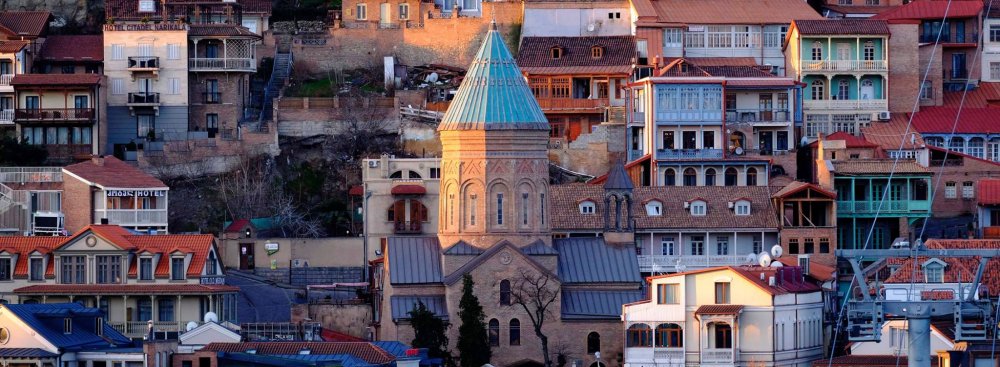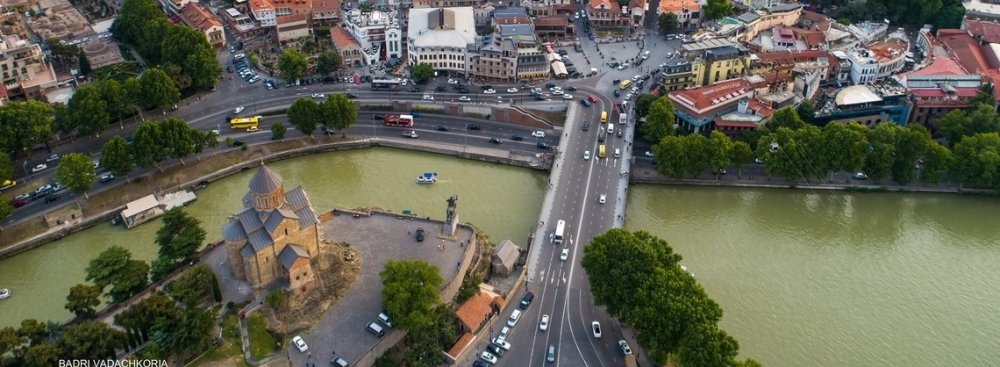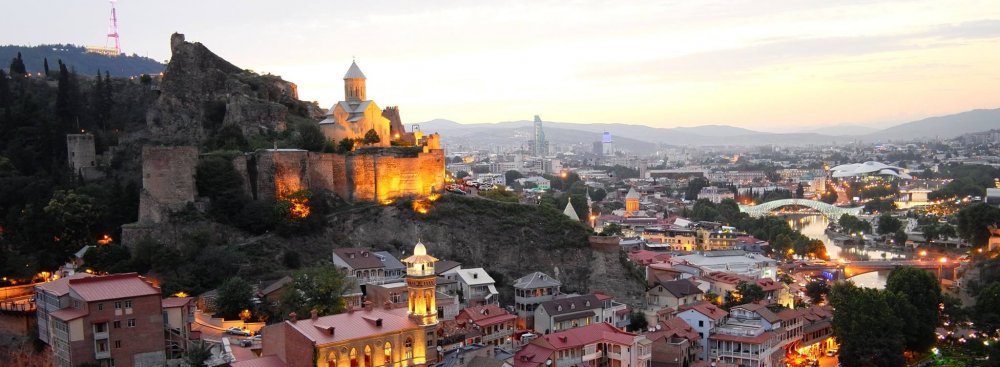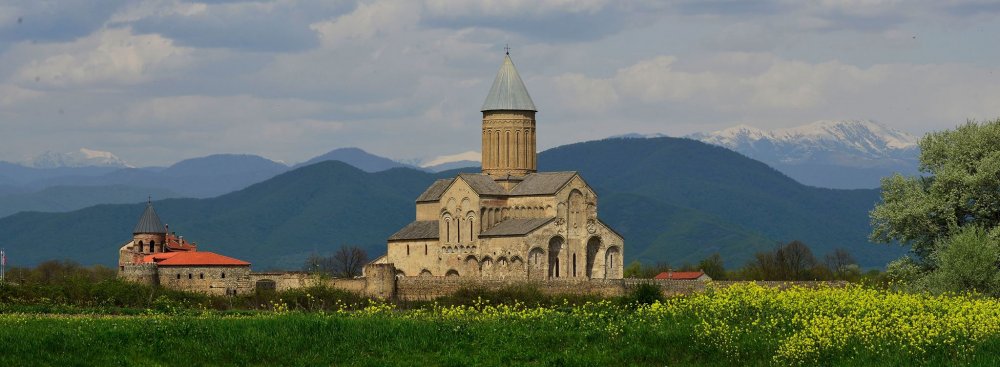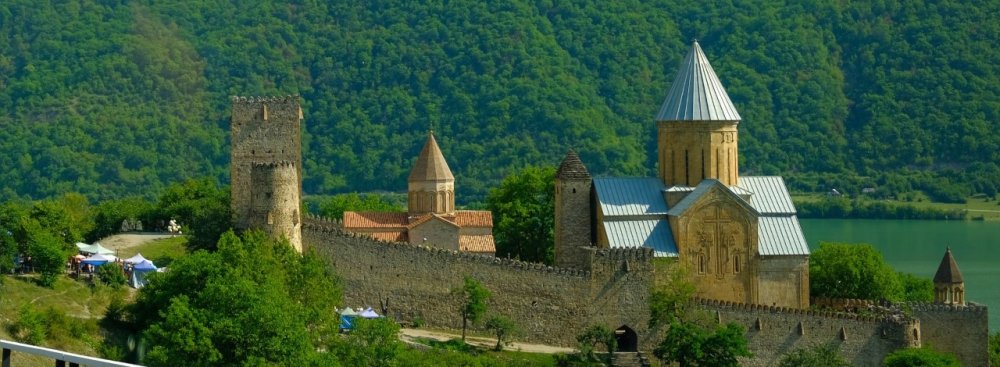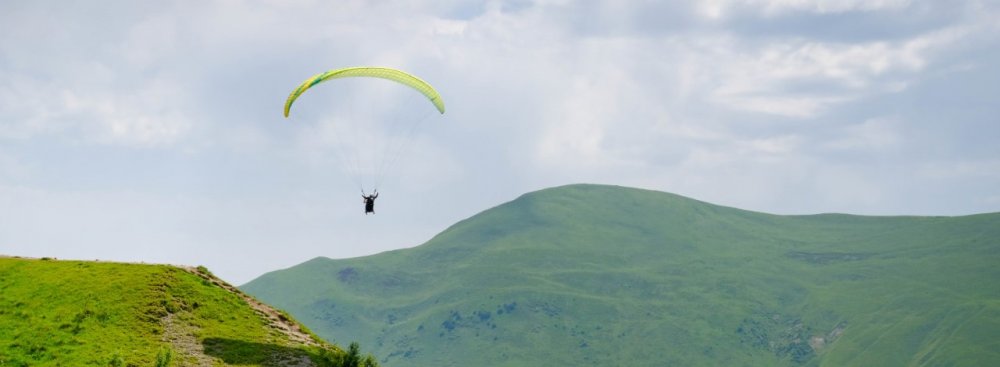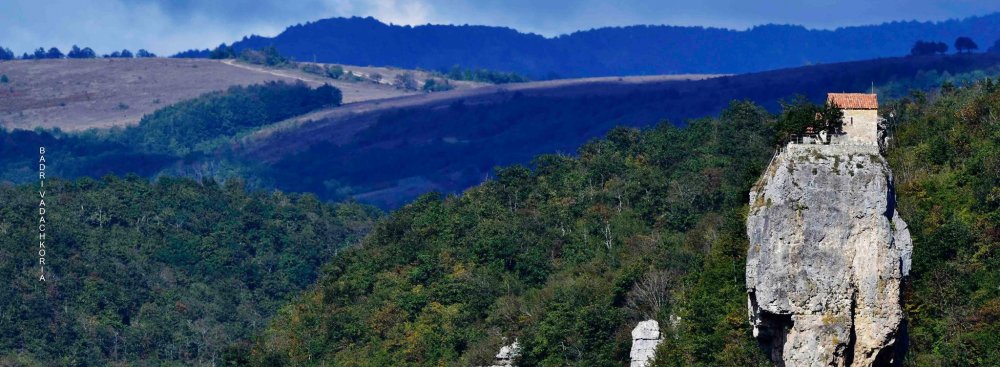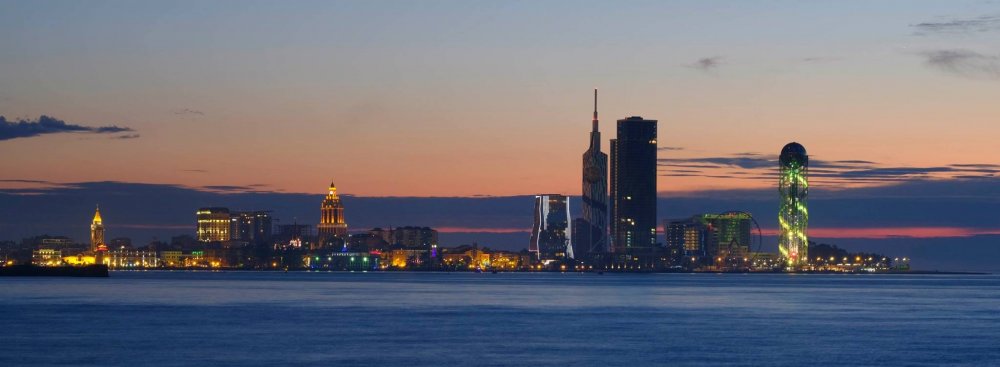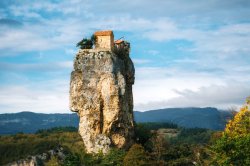Imereti is a beautiful historic region in
western Georgia. The geographical location, climatic environment,
an abundance of historical and natural landmarks as well as a rich
tradition define the region’s uniqueness. With its colors and
vivacity, its misty mountains and fabulous landscapes do attract
many tourists who come to Georgia.
Visit one of the ancient cities and former capital of
the country
Kutaisi is an administrative center of Imereti and is the
second most significant cultural and industrial city in Georgia,
boasting a wide range of possibilities for its visitors, starting
from the UNESCO World Heritage Sites, continuing to speleology
caves, dinosaur footprints, gorgeous canyons, spa resorts, and the
natural wonders, to name just a few.
Explore the UNESCO World Heritage Sites
Once here, don’t forget to visit Gelati Monastery and Bagrati
Church. Gelati is one of the prominent medieval centers. The
building of the monastery was ordered by King David the builder,
the most powerful king of Georgia. The complex consists of various
buildings built between the 12th and 13th centuries.
Get closer to nature at Okatse Canyon
Okatse Canyon is a natural landmark situated in the gorge of
the Okatse River in Khoni Municipality. The width of the canyon
varies from three to 15 meters and the depth between 20–100
meters.
Adorned by several affluent waterfalls and Oskhapo Lake, the
area attracts many local and foreign visitors during the summer
months. It also features a number of natural stone bridges and
caves.
Relax at one of the spa resorts in the
region
Climatic and spa resort Sairme lies in Bagdati Municipality
and is famous for its natural hot and cold mineral water springs.
Legend has it that shepherds who were chasing wounded deer
discovered the waters. Surrounded by deciduous and coniferous
forests, the area makes a great spot in which to relax and take
some time off from your travels.
Get closer to one of the country’s natural
wonders
The Katskhi Pillar is a limestone monolith in Chiatura
Municipality near Katskhi village. This 40-meter-high pillar
overlooks the small river valley of Katskhura. In 2009, the
monastery on top of the pillar underwent restoration, and
researchers discovered ruins that date back to the 9th or 10th
century.




